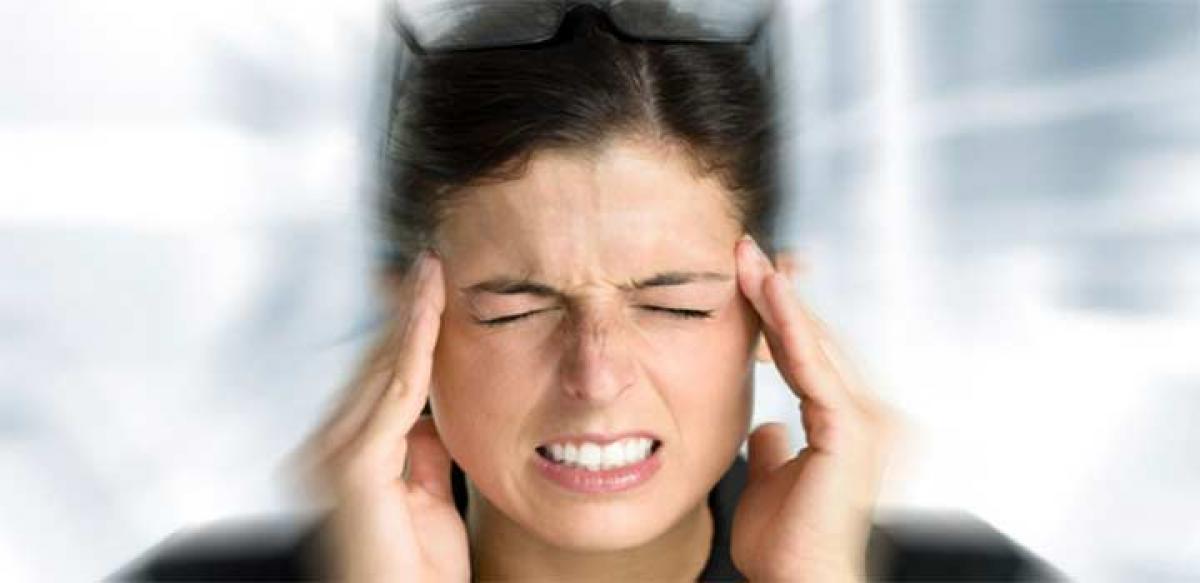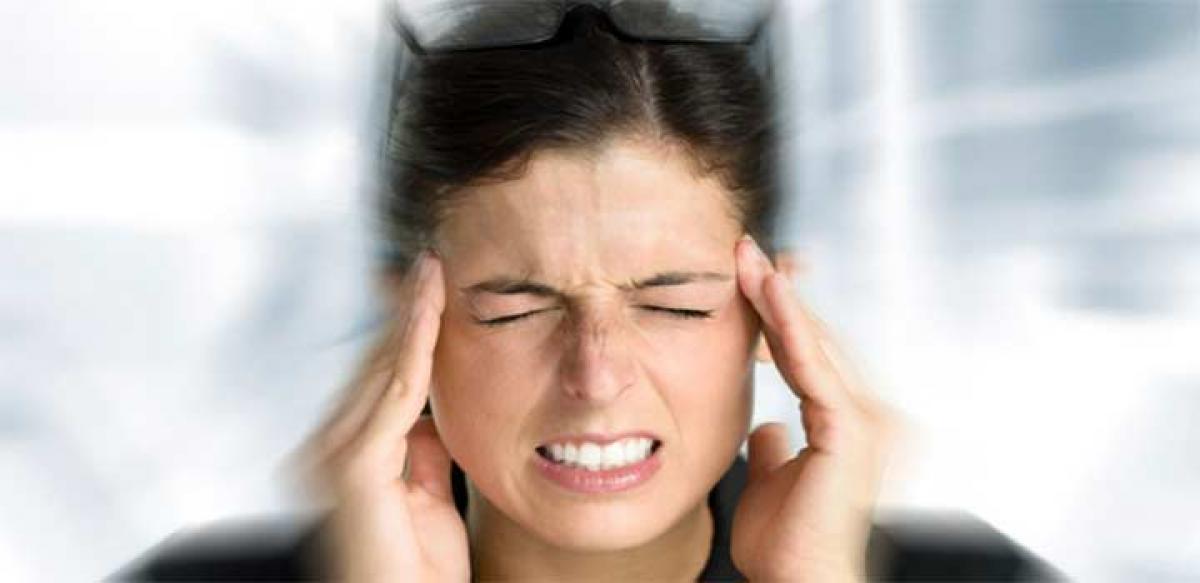Live
- CERT-In Warns Android Users: Update your Devices Now to Avoid Hacking
- Hemant Soren sworn in as Jharkhand's 14th CM, top INDIA Bloc leaders attend
- Multiple Trump Cabinet nominees targeted by threats
- Telangana forms Task Force to check food contamination in schools, hostels
- Smart meters killing people financially: RJD’s Bhai Virendra
- SC raps HP govt over denying employment to an Asian gold medallist
- 2,103 elephants counted in Odisha forests
- Police continues to search for director RGV in social media remarks case
- Cyclone alert pushes Siddharth's ‘Miss You’ release date
- Faria’s retro glam look steals the gram










